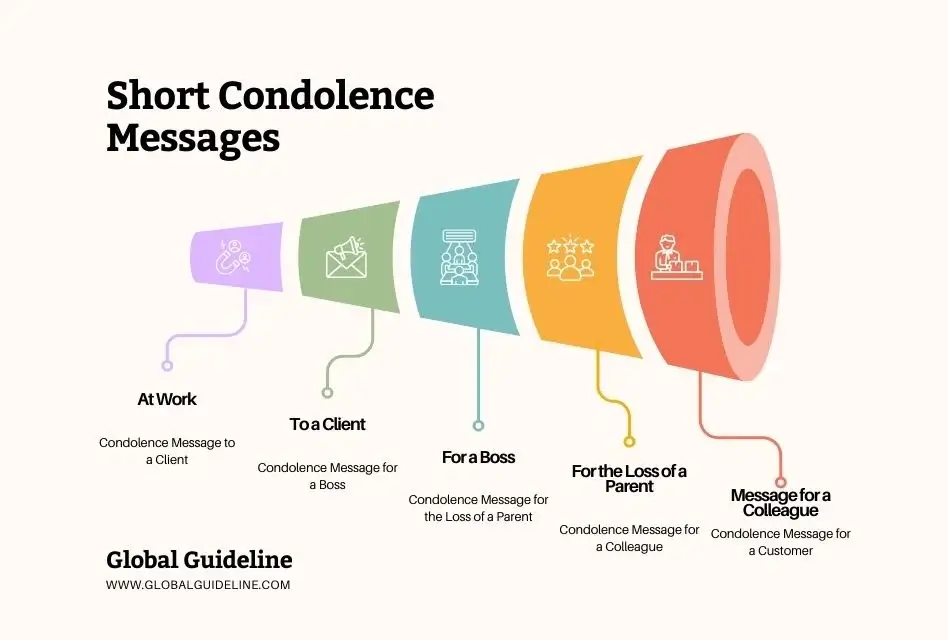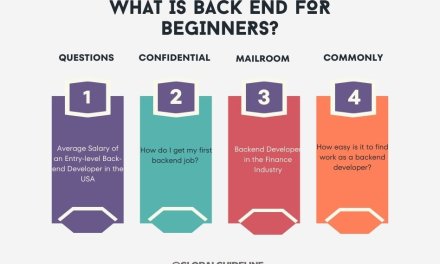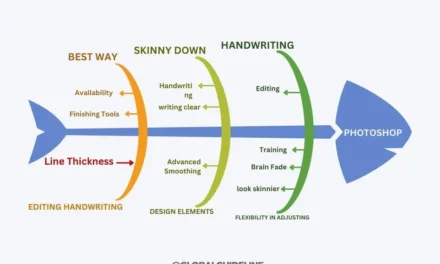Condolences at a workplace can always be tricky. There needs to be the right mix of words that can console, yet not be too personal. Be it through a short condolence message professional, a condolence email, condolence card, or even a one-on-one conversation, your words need to strike the balance between empathy and professionalism. This selection includes five brief short condolence message professional for different work environments, so that you can respond in condolence sympathetically yet appropriately.
Table of Contents
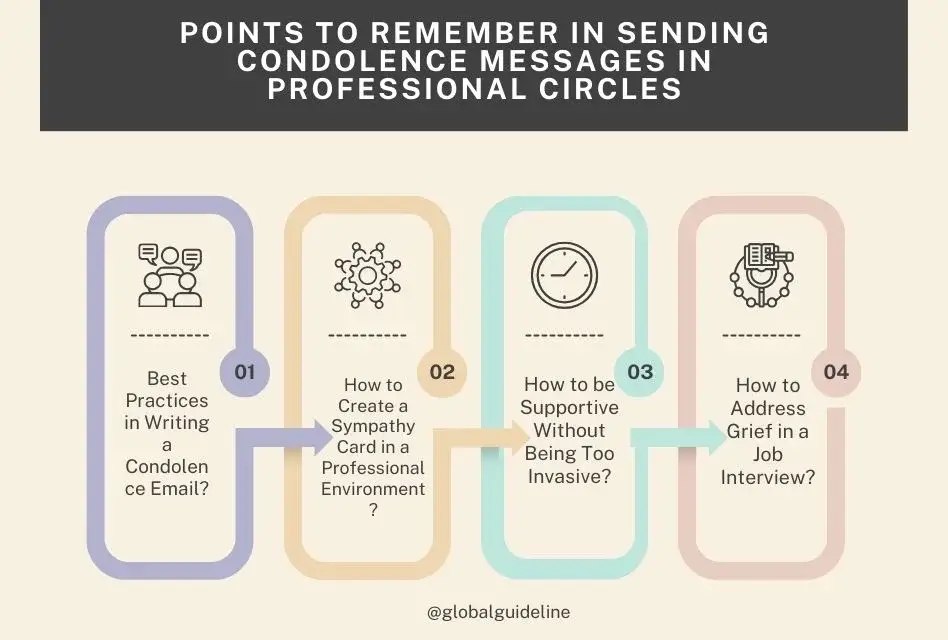
Importance of Condolence Messages at Work
Why Send a Condolence Message at Work?
The workplace thrives on open trust and mutual respect. Therefore, when one faces loss, be it a colleague, client, or even a boss, it is incumbent upon the others to acknowledge their suffering as an intrinsic part of continuing to provide a caring and compassionate atmosphere at the workplace. Even a very short condolence message professional will go a long way in expressing sympathy and solidarity over their loss.
What is the Best Condolence Message Professional?
The best condolence message in a professional context is the one that is concise, honest, and sensitive to feelings. It must also make sure to identify the loss without getting into too much personal detail and offer your support without being intrusive.
5 Short Condolence Message Professional Settings
1. Condolence Message to a Client
Short Condolence Message Professional to Client: “Dear [Client’s Name],
I was quite saddened to hear about the sad loss. Please accept my heartfelt condolences during this time of pain. My thoughts and prayers are for you and your family.”.
This message will be very suitable for your clients as it keeps a professional tone of the message but is heartfelt. It condones the loss and offers support, hence apt for maintaining respect in a client relationship.
2. Condolence Message for a Boss
Short Condolence Message Professional to Boss: “Dear [Boss’s Name],
I am indeed very sorry to hear about your loss. Please accept my warmest condolences, and my thoughts are with you during this sad moment. Please do not hesitate to reach out if there is anything that I could do to support you.”
This message is perfect for when condolence is being sent to a boss, as it is short, yet respectful and offers to help without getting too friendly.
3. Condolence Message for the Loss of a Parent
This is a very short professional condolence message for the loss of a father or a mother: “Dear [Colleague’s Name], please accept my warm sympathies on your loss. My thoughts are with you and your family at this difficult time. Wishing you strength and comfort.”
Nobody can be prepared for the loss of their parent; it is a very personal and hard moment in life. The message provides sympathy and support but still sounds professional.
4. Condolence Message for a Colleague
Short Condolence Message Professional to Colleague: “Dear [Colleague’s Name],
I am so sorry to hear about your loss. My sincere condolences to you and your family. Please know that I am here for you if you need anything.”
This message is suitable for a colleague, offering empathy and support in a way that is both personal and professional.
5. Condolence Message for a Customer
Very Brief Condolence Message Professional to Client: “Dear [Client’s Name],
We are deeply grieved by your loss. Please accept our warm sympathies. Our thoughts are with you and your family at this moment of bereavement.”
When writing to a client, one must be professional but at the same time, be properly empathetic. This message strikes a balance between the two, in that it allows the relationship to remain respectful while empathizing with the situation.
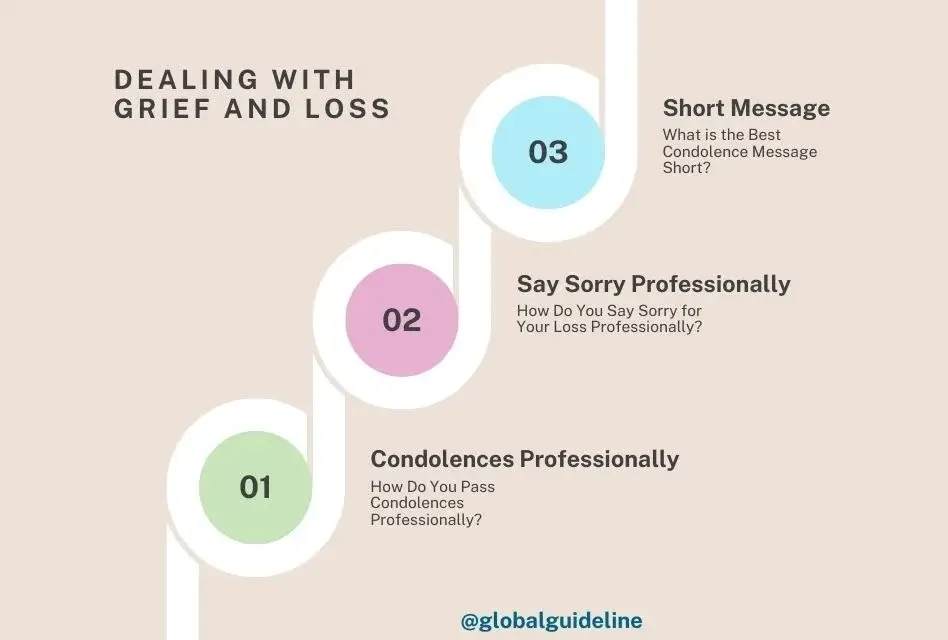
How to Write the Perfect Condolence Message
What is the Best Line for a Condolence?
The best line for any condolence message in a professional setting has to be simple and pure. Something on the lines of, “Please accept my deepest condolences” or “My thoughts are with you during this tough time,” shows that one really feels for them but is not being overly emotional.
How do you apologize for your professional loss?
Apologizing for a person’s loss in a professional setting usually includes being concise and respectful. A simple statement like, “I am so very sorry to hear of your loss,” or “Please accept my condolences,” will work in expressing sympathy.
How to Pass Condolences Professionally?
Being professional in sending condolences means being sensitive to the feelings of the recipient and the context of the situation. You should still be cautious with the tone, tender with your language, and ensure the message is appropriate for the prevailing working situation.
Formal Way of Saying Sorry for Your Loss?
The lines to condole formally would be “Please accept my deepest sympathy” or “My sincere condolences to you and your family.” These show respect and express the required amount of empathy in formal communication.
Points to Remember in Sending Condolence Messages in Professional Circles
Best Practices in Writing a Condolence Email
Include the salutation and a respectful closing for the condolence email. Keep this email brief and free of errors. Be reserved in tone, and avoid using overly friendly expressions. Show that you are thoughtful and take your work-related relationship to the individual into account.
How to Create a Sympathy Card in a Professional Environment?
In a professional setting, pick a card with an extremely simple design. On the inside, just use a few words to express your feelings, not very personal or emotionally outrageous. You want to be sympathetic without crossing the line of professionalism.
How to be Supportive Without Being Too Invasive?
Don’t intrude in the name of offering support. Phrases like, “Please let me know if there’s anything I can do to help” give you a way to offer help that isn’t intrusive. It shows you are concerned, but also respects the person’s need for space and privacy.
Job Interview Questions: Dealing with Grief and Loss
How to Address Grief in a Job Interview?
Sometimes, you’ll need to talk to a hiring manager about a current or recent loss. If that’s the case, always keep responses to questions about the situation short and discuss how you’re coping with it. It can be helpful to prepare a short condolence message professional in advance to maintain the right tone. You will want to be able to demonstrate reflection about your resilience as well as a positive attitude, even when times are difficult.
Sample Interview Questions About Handling Tough Situations
- “How do you handle work when personal life gets tough?”
- “Can you give me an example of when you had to act professionally when personal issues weighed you down?”
- “How do you ensure that personal issues do not interfere with your work performance?”
How to Answer Questions on Grief?
In response to questions about bereavement during a job interview, one has to be truthful but always brief. Share what the responsibilities were and how one handled them professionally despite personal problems.
FAQ Short Condolence Message:
What is the Best Condolence Message Short?
The best short condolence message may be, “Please accept my deepest condolences. My thoughts are with you during this time.”
How Do You Say Sorry for Your Loss Professionally?
You can say, “I am deeply sorry for your loss. Please accept my condolences.”
How Do You Pass Condolences Professionally?
Professional condolence passing involves a respectable tone, such as “Please accept my sincerest sympathy,” and avoiding too personal a language.
What Is the Best Line for a Condolence?
One of the best lines for a condolence message is: “My sincere condolences to you and your family.”
How Do You Say Condolences Formally?
To express condolences formally, one can say: “Please accept my heartfelt sympathies during this time of loss.”
Is it Professional to Send Condolences Through Email?
Yes, sending condolences through email is quite acceptable, especially if you cannot present your sympathies in person.
What to Avoid in a Professional Condolence Message?
Avoid very emotional language, sharing of personal stories, or assuming how the person might be feeling. The message has to be short but respectful.
How to End a Condolence Message Professionally?
Close your message with a professional closing, such as “Sincerely,” followed by your name.
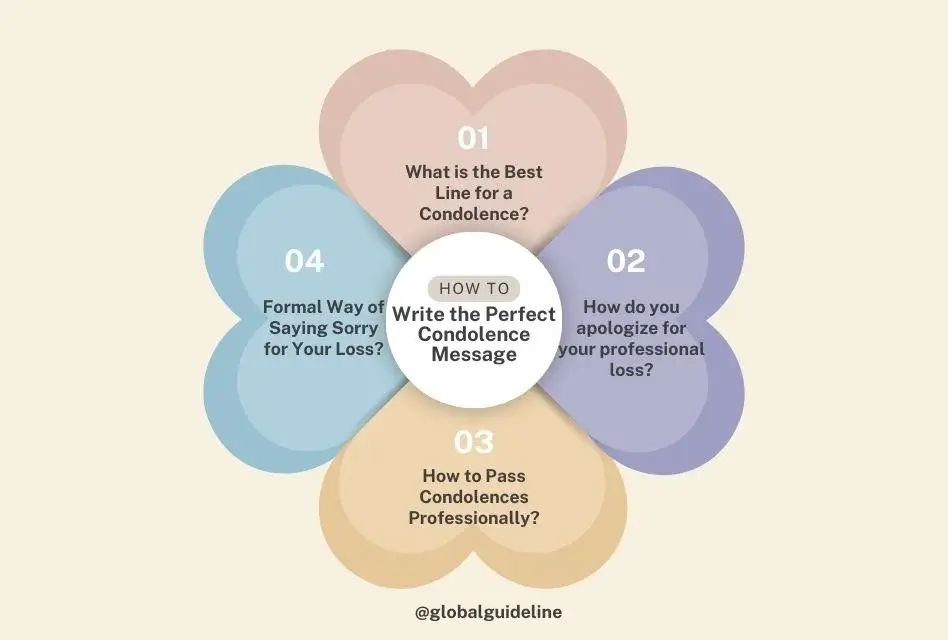
Conclusion: Condolences with Sympathy and Professionalism
Sympathy, in the professional workplace, is a delicate matter. The five short condolence messages professional described in this article serve as a primer on how to express condolences in a way that is appropriate yet meaningful. These messages ensure that, whether you are writing to a client, a boss, a colleague, or a customer, your words are able to express comfort at a difficult time without compromising professional limits. So, what makes a short condolence message professional effective? Firstly, it should be sincere and brief, expressing real concern for the person to whom it is being addressed.

